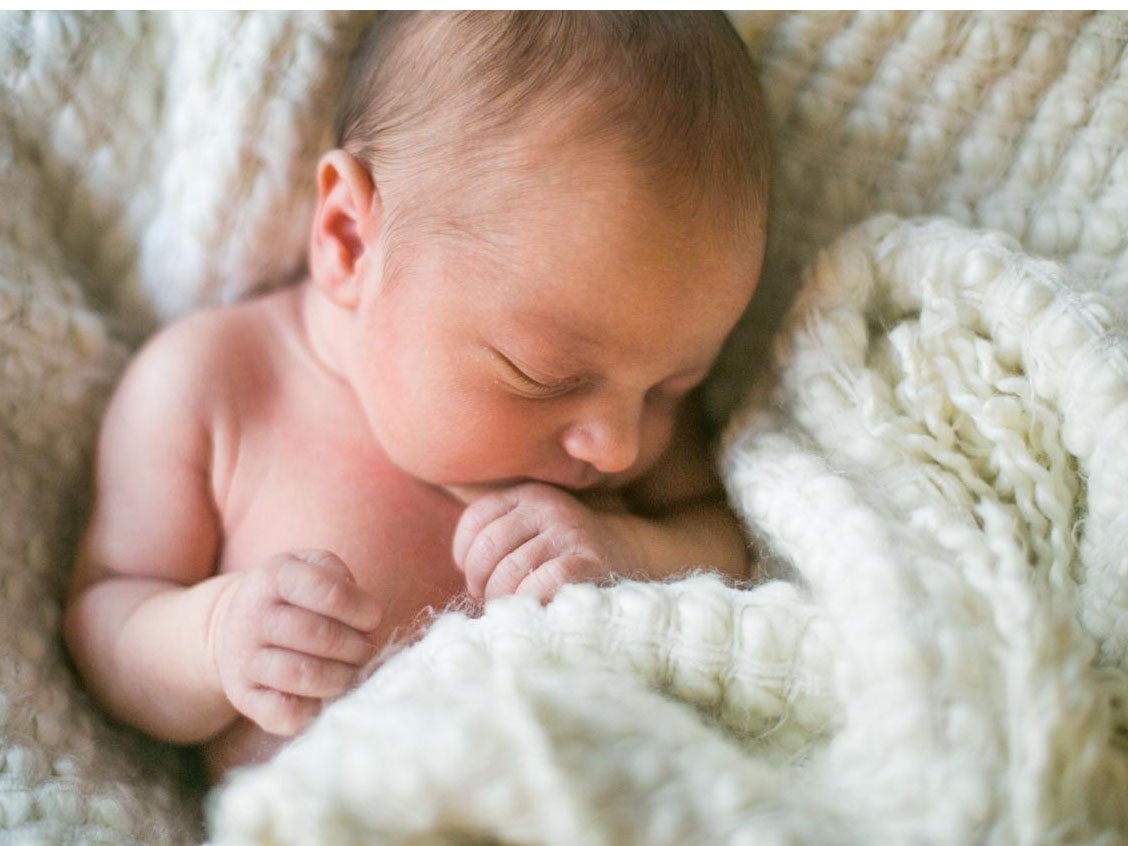Drinking any amount of alcohol during pregnancy can change the way babies' faces form, study finds
But scientists say low levels not necessarily harmful

Your support helps us to tell the story
From reproductive rights to climate change to Big Tech, The Independent is on the ground when the story is developing. Whether it's investigating the financials of Elon Musk's pro-Trump PAC or producing our latest documentary, 'The A Word', which shines a light on the American women fighting for reproductive rights, we know how important it is to parse out the facts from the messaging.
At such a critical moment in US history, we need reporters on the ground. Your donation allows us to keep sending journalists to speak to both sides of the story.
The Independent is trusted by Americans across the entire political spectrum. And unlike many other quality news outlets, we choose not to lock Americans out of our reporting and analysis with paywalls. We believe quality journalism should be available to everyone, paid for by those who can afford it.
Your support makes all the difference.Drinking even small amounts of alcohol when pregnant could alter a baby's features, a new study has found.
Researchers examined data from facial images of 415 one-year-old children and found subtle changes in babies' faces – mostly around the nose, eyes and lips – associated with almost all levels of alcohol exposure.
Alcohol appeared to affect face shape whether it was drunk in the first trimester or throughout the pregnancy.
Yet the facial changes observed in the study were so subtle they were not visible to the naked eye.
Researchers used sophisticated 3D imaging software that pinpointed almost 70,000 parts of a baby's face to identify differences between babies whose mothers had drunk some alcohol compared with those whose mothers had not.
Even low levels of alcohol, such as two drinks on any occasion, and no more than seven a week, were linked to changes in face shape.
This does not necessarily mean that drinking small amounts of alcohol is harmful to a foetus.
“We don’t know if the small changes in the children’s facial shape are connected in any way to differences in their development,” Jane Halliday of the Murdoch Children’s Research Institute in Victoria, Australia, who led the research, told The New Scientist. “We plan to look at this as the children grow.”
Among the changes in facial features researchers found was a slightly shorter and more upturned nose.
This facial characteristic is associated with foetal alcohol syndrome, a consequence of heavy drinking during pregnancy. Smaller eyes and a thin upper lip are also associated with the condition, together with attention and behavioural disorders.
Of all 1570 women the Australian study surveyed, 27 per cent said they drank at least some alcohol while pregnant.
Join our commenting forum
Join thought-provoking conversations, follow other Independent readers and see their replies
Comments